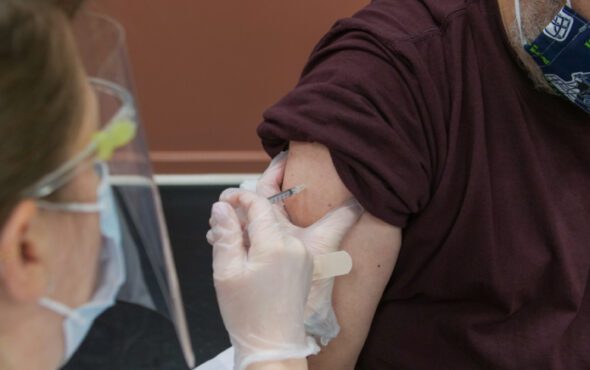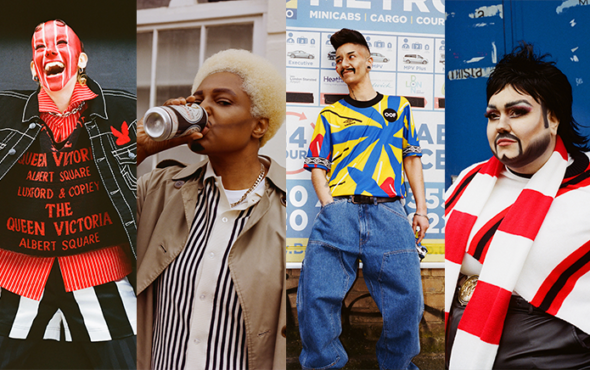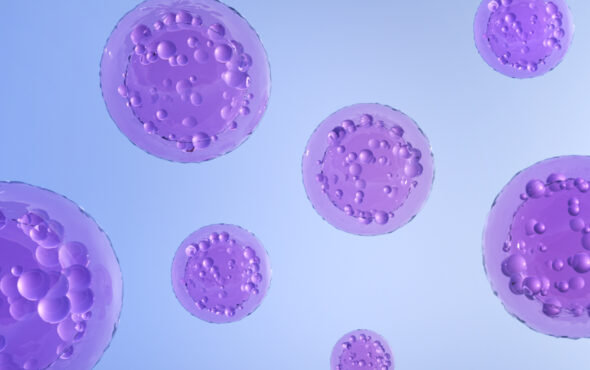
Johnson & Johnson’s (J&J) experimental HIV vaccine failed efficacy trials in a devastating blow to the cause.
It was found to not provide sufficient protection against HIV to young women in sub-Saharan Africa, adding to the setbacks endured by those working in the field.
The Imbokodo study, which was at the mid-stage of development, included 2,600 women participants across five Southern African countries.
Women and girls accounted for more than 60% of all new HIV infections in the regions last year, making them a top priority when it came to the vaccine’s development.
Despite the disappointing result of this trial, J&J confirmed that it was continuing to research the safety and efficacy of another experimental HIV vaccine.
This will be targeted at men who have sex with men and transgender people in a bid to provide protection against the virus.
The trial is taking place in Europe and the Americas and is currently on track for completion in March 2024.
Although there is now effective treatment for HIV which can put it in remission, experts have stated that a vaccine is crucial to eradicating the virus entirely.
There was only a 25.2% vaccine efficacy shown by the Imbokodo study, which the drugmaker confirmed it will not be continuing to develop.
Anthony Fauci, director of the U.S. National Institute of Allergy and Infectious Diseases (NIAID), said: “Although this is certainly not the study outcome for which we had hoped, we must apply the knowledge learned from the Imbokodo trial.”
The vaccine trial used the same adenovirus platform as J&J’s single-dose COVID-19 jab, which was approved for use in the UK earlier this year.
AVAC, an HIV prevention advocacy group, will continue calling for global unity in the fight against HIV and development of a vaccine.
“This is in no way the end of the search for an HIV vaccine,” Mitchell Warren, executive director of AVAC, announced in a statement.
Everyone in this short film is living with #HIV. We’re celebrating their achievements since diagnosis.
Marriages👰♀️
Promotions💰
Kids👶
Graduations👨🎓
Sex lives🍆🌮A HIV diagnosis isn’t easy. But you can still achieve your dreams #LifeReallyChanged pic.twitter.com/hP5I1VMZBD
— Terrence Higgins Trust (@THTorguk) September 2, 2021



